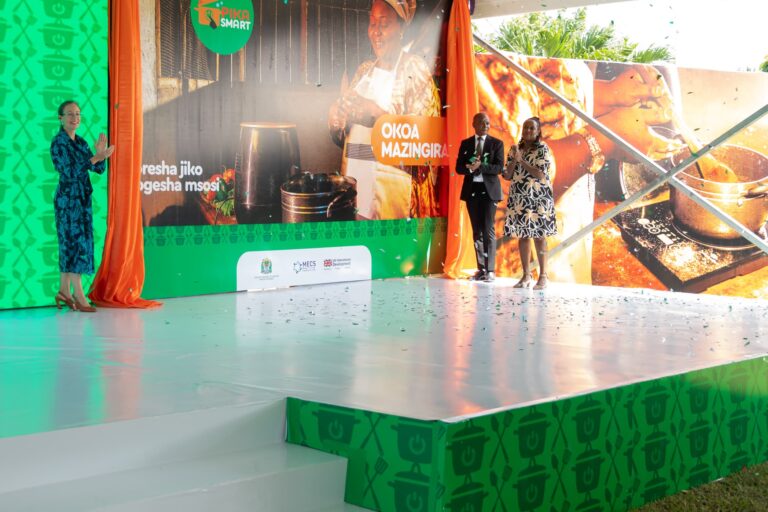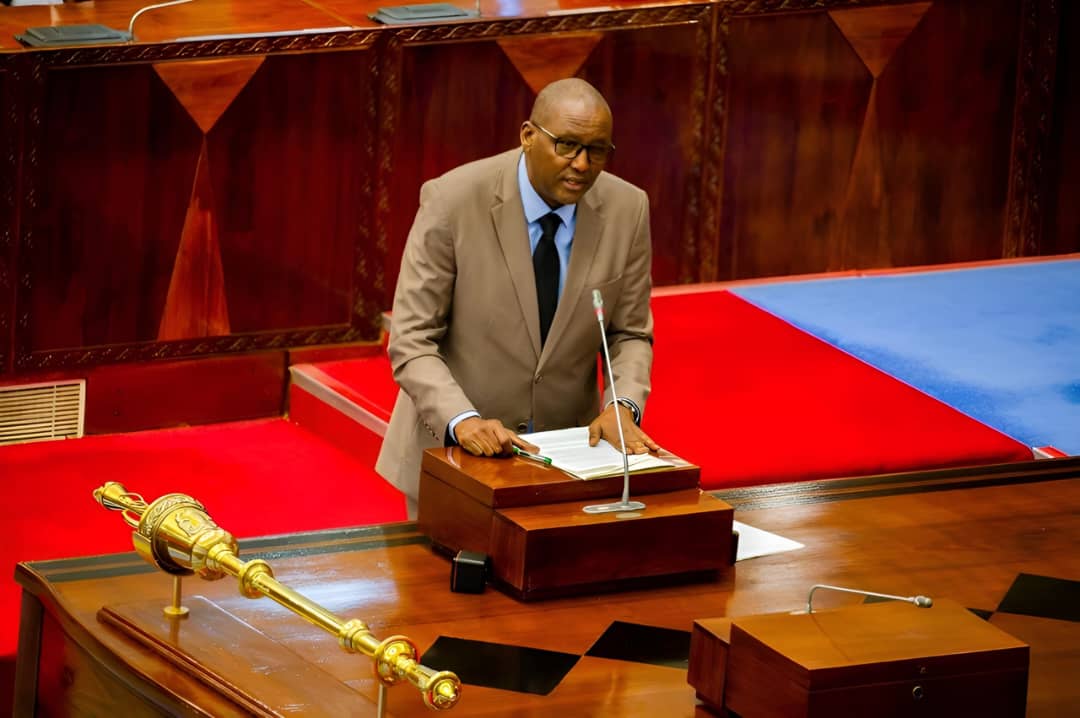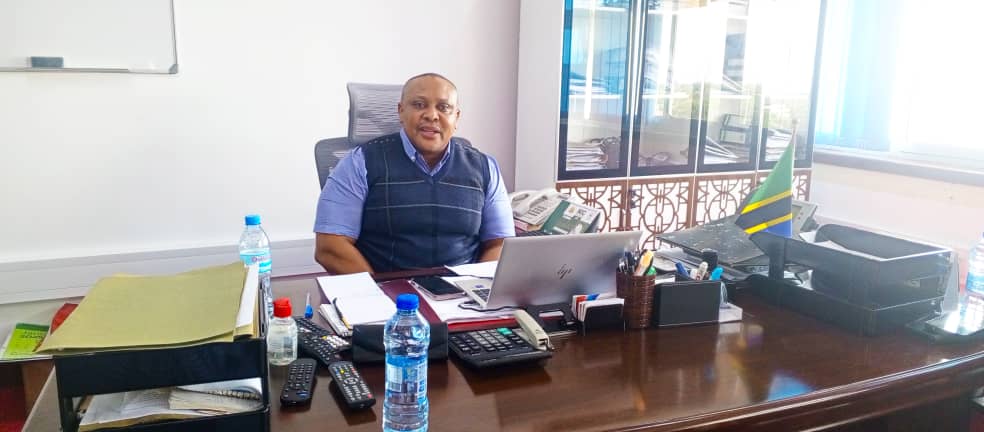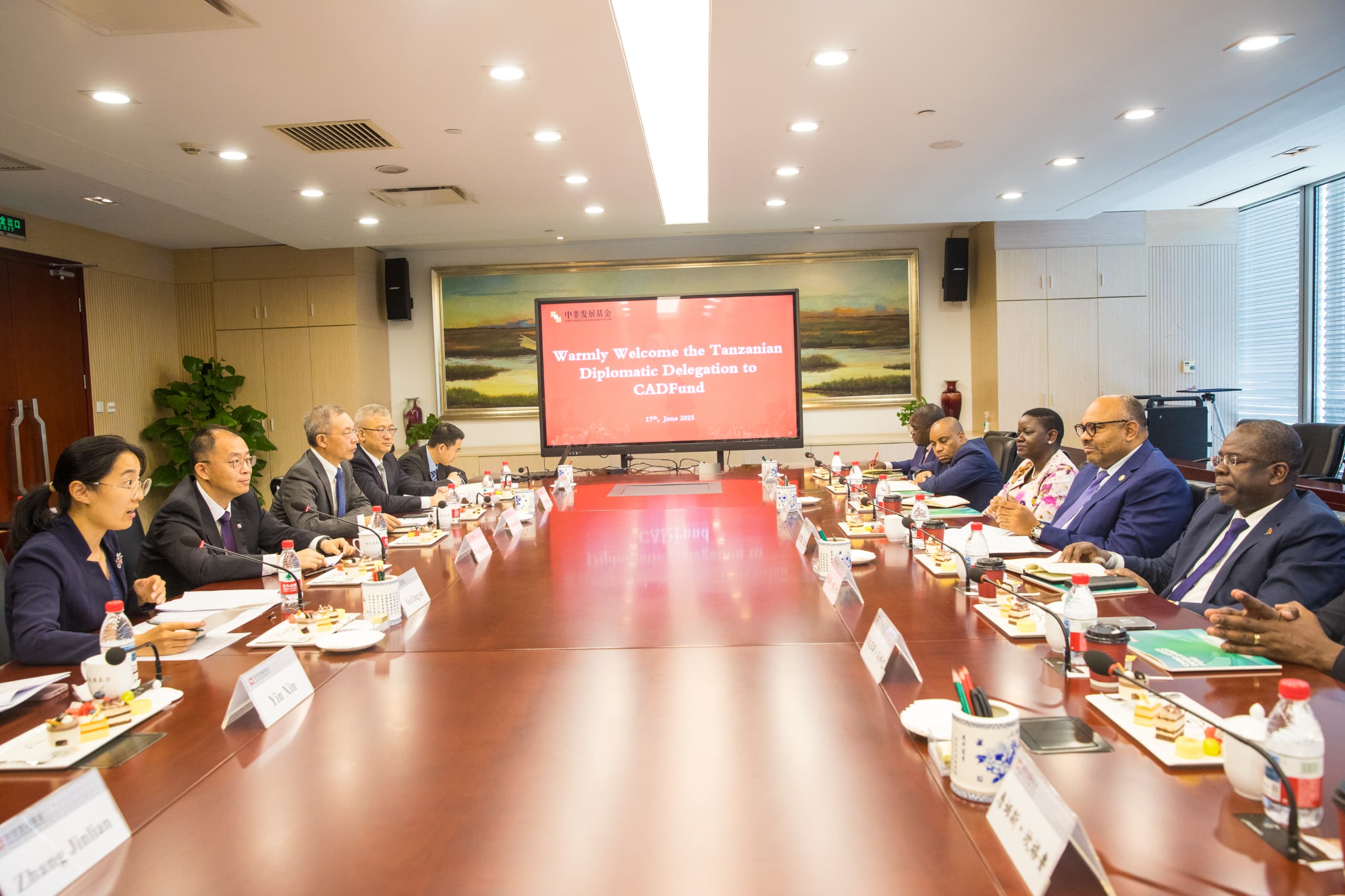Dar es Salaam. The government of Tanzania has launched a nationwide campaign aimed at accelerating the shift from traditional cooking fuels to clean energy alternatives, with a specific emphasis on the use of electricity in households.
The campaign, titled “Pika Smart,” is part of a broader national strategy to reduce the health, environmental, and economic burdens associated with biomass-based cooking.
The initiative was officially launched on June 13, 2025, in Dar es Salaam by Mr Innocent Luoga, Commissioner for Electricity and Renewable Energy, on behalf of the Permanent Secretary of the Ministry of Energy, Mr Felchesmi Mramba.
Developed by Modern Energy Cooking Services (MECS) with funding from UKAID, the campaign is being implemented in collaboration with the Ministry of Energy.
Mr Luoga explained that the campaign is a key element of the government’s plan to ensure that 80 percent of Tanzanian households adopt clean cooking energy by 2034.
Achieving this target, he noted, will require not only infrastructure development but also widespread public education, behavioral change, and confidence in the safety and affordability of electric cooking.
Yet despite this ambition, adoption of clean cooking solutions remains limited.
According to World Bank data, the proportion of Tanzanians using clean cooking energy rose from just 1.5 percent in 2010 to 6.9 percent in 2021 — a marginal increase that still places the country far below the 2021 global average of 71 percent.
These figures suggest that affordability, access to technology, and cultural cooking practices remain significant barriers to progress.
To help address these concerns, Mr Luoga emphasized that electric cooking is safe, cost-effective, and now supported by sufficient energy infrastructure.
He highlighted that the completion of the Julius Nyerere Hydropower Project has raised the country’s generation capacity to approximately 4,031 megawatts.
Electricity is now available in all 12,318 villages across the country, laying the groundwork for expanded adoption of electric stoves.
Speaking on behalf of the Managing Director of Tanzania Electric Supply Company Limited(TANESCO), Mr Henryfried Byabato, Director of Planning and Investment, reinforced the importance of leveraging the country’s electricity surplus to promote clean cooking.
He added that recent advancements in technology have significantly improved the energy efficiency of modern electric cookers, making them more affordable for the average household.
The launch of the Pika Smart campaign also aligns with the Ministry of Energy’s introduction of a National Communication Strategy for Clean Cooking.
The strategy is designed to guide stakeholders in coordinating public messaging and advocacy efforts.
It supports President Samia Suluhu Hassan’s broader vision of ensuring that clean energy becomes a national development priority.
Recognized clean cooking solutions under this campaign include electricity, Liquefied Petroleum Gas (LPG), natural gas, biogas, bioethanol, solar energy, improved cookstoves, and alternative charcoal products that meet official safety and environmental standards.
These technologies not only reduce indoor air pollution but also help address deforestation and climate concerns.
However, analysts note that policy efforts must continue addressing systemic challenges.
Many rural and low-income households still struggle with the upfront cost of electric cooking appliances, concerns over reliability of supply, and deeply rooted cultural habits that favor traditional fuels.
As such, Pika Smart is more than a public awareness effort — it is a test of whether Tanzania can translate policy goals, infrastructure investments, and international support into a meaningful and lasting shift in how its people cook.
Its success could serve as a regional model for integrating clean energy into daily life at scale.







